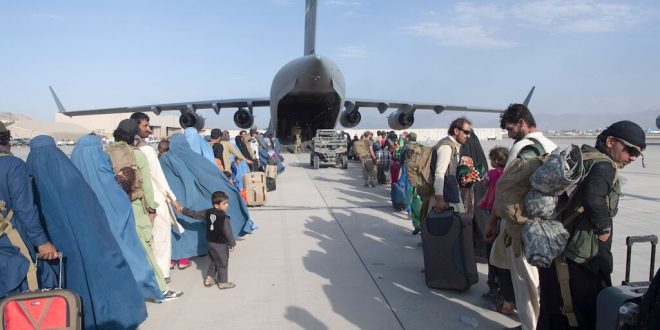AT
Kabul: A program aimed at relocating Afghans who collaborated with the U.S. government to the United States faces the possibility of halting later this year. This could leave tens of thousands stranded following the withdrawal of U.S. troops from Afghanistan in 2021.
The congressionally-approved cap of 38,500 Special Immigration Visas (SIVs), providing a route to U.S. citizenship, is anticipated to be reached around the August anniversary of the withdrawal. It appears unlikely that the divided U.S. Congress will authorize the Biden administration’s request for an additional 20,000 visas.
“We have somewhere around 8,000 (SIVs) left,” State Department spokesman Matthew Miller told a briefing. “We have urged Congress to raise the cap and allow us to meet our obligation to those Afghans who put their lives on the line for the United States.”
A failure to raise the SIV cap would be a “moral tragic travesty and national security failure” on the part of Congress, said Jason Crow, a Democrat and Army veteran who served in Afghanistan and is leading efforts in the House of Representatives to raise the limit.
The program’s potential end comes amid an immigration backlash fueled by former President Donald Trump, the expected Republican presidential nominee.
The Taliban issued a general amnesty for officials and troops of the former U.S.-backed government.
Since 2014, the program has been extended and the cap raised by Congress almost annually, although application processing slowed significantly under Trump’s administration, leaving a massive backlog.
Congress set the current cap of 38,500 visas in 2022. But while the Democratic-run Senate last year approved raising the ceiling and extending the program, House Republicans balked.
Between September 2021 and last month, the State Department issued some 39,100 SIVs, the State Department official said.
 Afghanistan Times
Afghanistan Times




